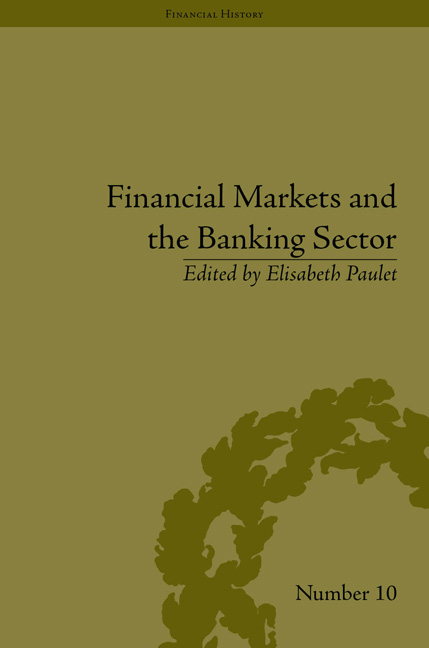Book contents
- Frontmatter
- CONTENTS
- List of Figures and Tables
- Introduction
- I Globalization and Financial Markets: a Dialectic Dynamic
- 1 Towards a New Model of Long-Term Finance
- 2 IFRS and the Need for Non-Financial Information
- 3 The Lessons of Luxembourg's Financial Centre: Towards a Certification of Ethics for Financial Centres to Replace Current Assessments
- 4 Is Economic Efficiency a Meaningful Device with which to Assess Insolvency Law?
- 5 Financialization of European Economies
- II Globalization and Banking Institutions: Evolution of Their Role and Institutional Aspects
- Conclusion
- Notes
- Works Cited
- Index
4 - Is Economic Efficiency a Meaningful Device with which to Assess Insolvency Law?
from I - Globalization and Financial Markets: a Dialectic Dynamic
- Frontmatter
- CONTENTS
- List of Figures and Tables
- Introduction
- I Globalization and Financial Markets: a Dialectic Dynamic
- 1 Towards a New Model of Long-Term Finance
- 2 IFRS and the Need for Non-Financial Information
- 3 The Lessons of Luxembourg's Financial Centre: Towards a Certification of Ethics for Financial Centres to Replace Current Assessments
- 4 Is Economic Efficiency a Meaningful Device with which to Assess Insolvency Law?
- 5 Financialization of European Economies
- II Globalization and Banking Institutions: Evolution of Their Role and Institutional Aspects
- Conclusion
- Notes
- Works Cited
- Index
Summary
The recent financial and economic crisis reminds us, if still necessary, that company default is an inseparable component of any market economy. In such a system, the survival of producers is conditioned in the short term by liquidity and in the long term by solvency. Failure to comply with the latter condition, defined in accounting terms as insufficient available assets to meet current liabilities, endangers the company and may be grounds for proceedings that could lead to ending the business. These financial considerations suggest a clear-cut separation between healthy and failing companies, either based on accounts or almost naturally. The origins of bankruptcy law show that this is not the case and while the nature of the default is obviously economic, it is also, and to the same extent, legal. The source of this twofold connection lies in the definition of bankruptcy, which means a trader is unable to honour his payments. As Pierre-Claude Bravard-Veyrières emphasized, this definition presupposes that two conditions are met, for ‘to be in default, it is necessary to have stopped his payments and to have stopped them as a trader’. Thus, this twofold condition will underlie our discussion of the evolution of the law and litigation practices pertaining to bankruptcy, which today is largely dominated by viewing the law in terms of economic efficiency.
The idea that the law evolves with a view to attaining a greater degree of efficiency is directly inherited from work by scholars focusing on the economic efficiency of law and economics and the comparative analysis of legal systems, led by the emblematic figures of La Porta, Lopez de Silanes, Shleifer and Vishny, abbreviated below as LLSV, who have produced numerous disciples in the field of business financing and bankruptcy. In general, these works help to show the superiority of bankruptcy law based on the common law tradition over the legal system of cessation of payment developed in countries with a civil or Roman legal code.
- Type
- Chapter
- Information
- Financial Markets and the Banking SectorRoles and Responsibilities in a Global World, pp. 73 - 96Publisher: Pickering & ChattoFirst published in: 2014



